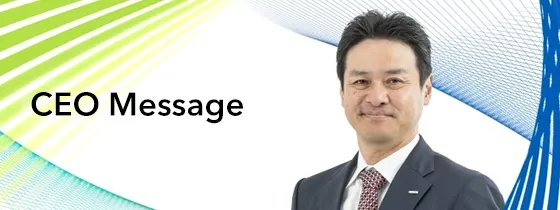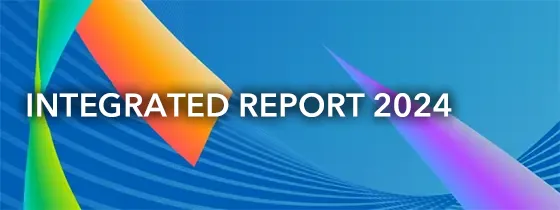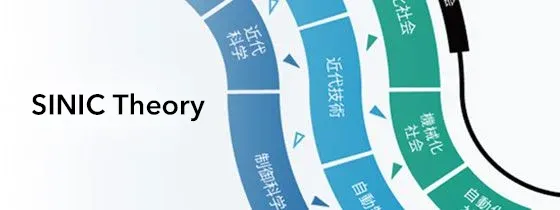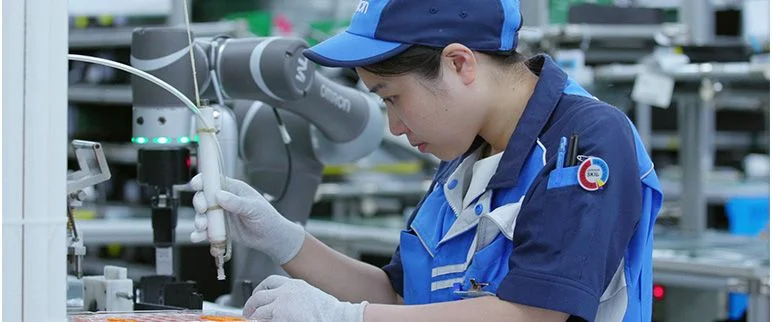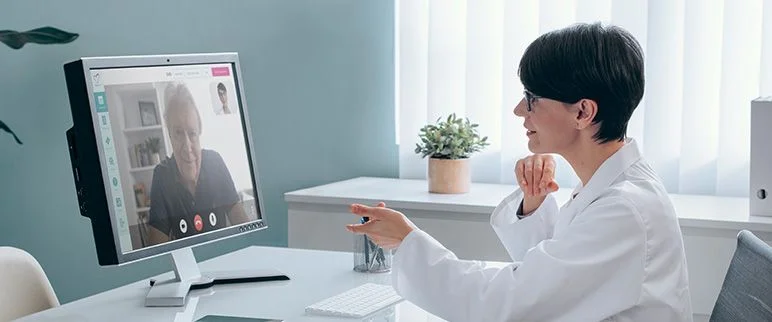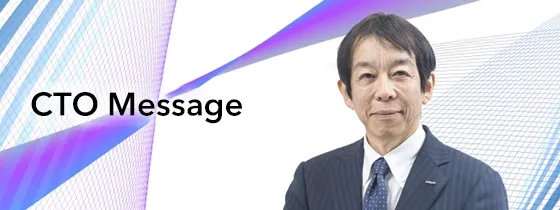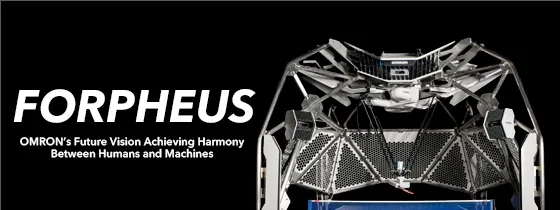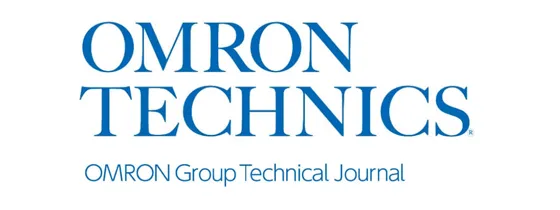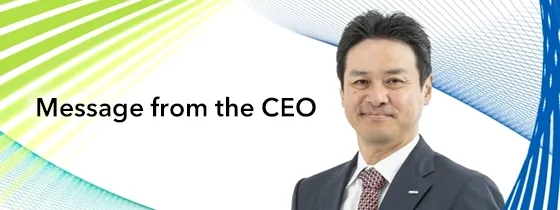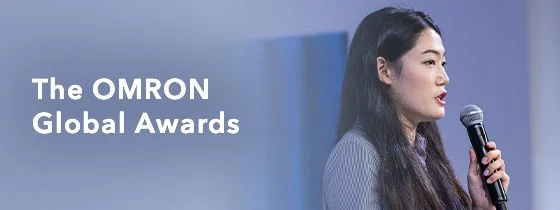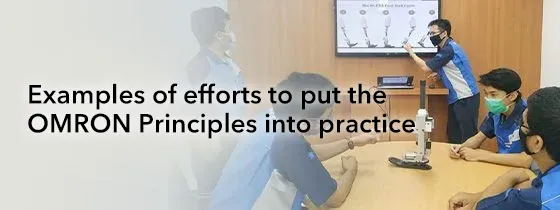Part 5: "Health Engineering" and a Focus on Sustainability
"Health engineering"
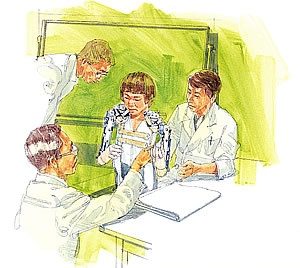
When OMRON founder Kazuma Tateisi was first introduced to the theory of cybernetics in 1952, he was particularly fascinated by the idea of comparing the control and communication systems of animals to those of machines. Shortly after he learned about cybernation, Mr. Tateisi began researching methodologies for scientifically measuring a person's degree of health. He intended to use cybernetics to realize more efficient health care management, a concept Mr. Tateisi termed "health engineering." His goal was to incorporate health management and diagnosis into a complete system that relied on OMRON's proprietary cybernation technology (a combination of automation and computer technologies).
Mr. Tateisi's interest in cybernation was the start of OMRON's commitment tp developing various systems for diagnosing medical conditions and new devices for monitoring biophysical functions. Early research in the field of health engineering was later advanced and refined by OMRON Institute of Life Science Co., Ltd.
Development of an artificial arm for thalidomide victims
Cybernetics and an awareness of public responsibility drove Mr. Tateisi's desire to help promote health and improve living standards.
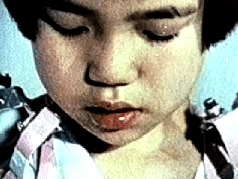
As the victims of thalidomide reached school age in the latter part of the 1960s, the Lions Club launched a "Help Thalidomide Victims" campaign. As part of this undertaking, Mr. Tateisi was asked to develop an artificial arm. Soon after, he launched a research project in cooperation with the Orthopedic Surgery Division of Tokushima University Medical School, through which an electric artificial arm was created one year later.
On seeing the first recipient of OMRON's electronic artificial arm grip a piece of chalk and write on a blackboard, Kazuma felt truly honored to be part of this valuable project. Recorded by NHK (Japan's public broadcasting network) for a documentary, this touching moment between Mr. Tateisi and the young girl was broadcast throughout Japan.
These types of projects are not intended to bolster business, but rather to demonstrate OMRON's commitment to its corporate motto and determination to give back to the public. Two years after the development of the artificial arm, Mr. Tateisi was awarded a doctorate in medicine from Tokushima University for his thesis concerning the development and study of electric artificial arms.
Factories for people with disabilities
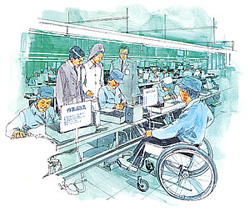
In 1971, the founder of social welfare organization Japan Sun Industries Dr. Yutaka Nakamura and social commentator Chieko Akiyama visited Mr. Tateisi to ask for assistance in establishing a factory for people with severe physical disabilities. Mr. Tateisi wanted to help them, but their request came at an inopportune time. The energy crisis has just come to an end, and OMRON was in the process of constructing three new factories. Nevertheless, Mr. Tateisi felt it was important, regardless of the timing, to fulfill the company's responsibility to society. In 1972, OMRON Taiyo Co., Ltd., run and staffed by workers with physically disabilities, began operations in Beppu, Oita Prefecture. Since then, the company has consistently generated profits and steadily expanded operations.
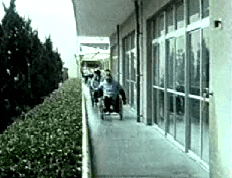
Fourteen years after the establishment of OMRON Taiyo, a second factory was opened in Kyoto (OMRON Kyoto Taiyo Co., Ltd.). By providing people with physical disabilities with employment opportunities, OMRON strives to meet its social obligations and fulfill its corporate motto.
HIGHLIGHT
Quotes from Kazuma 5: The meaning of corporate responsibility
Mr. Tateisi once said, "Before attending the inauguration [of OMRON Taiyo Co., Ltd.], I felt uncomfortable at the thought of having to meet and interact with the disabled. I expected it to be an awkward and disturbing experience and that I would feel sorry for them. Nothing could have been further from the truth. As soon as I started speaking, I could feel the enthusiasm they had for their work. When the factory manager, a 28 year-old wheelchair-bound man dressed in the OMRON uniform, came to the front of the room to make his speech, I was deeply impressed by his pride and confidence."
This experience led Mr. Tateisi to push the company even further to meet its social obligations and fulfill its corporate motto.
